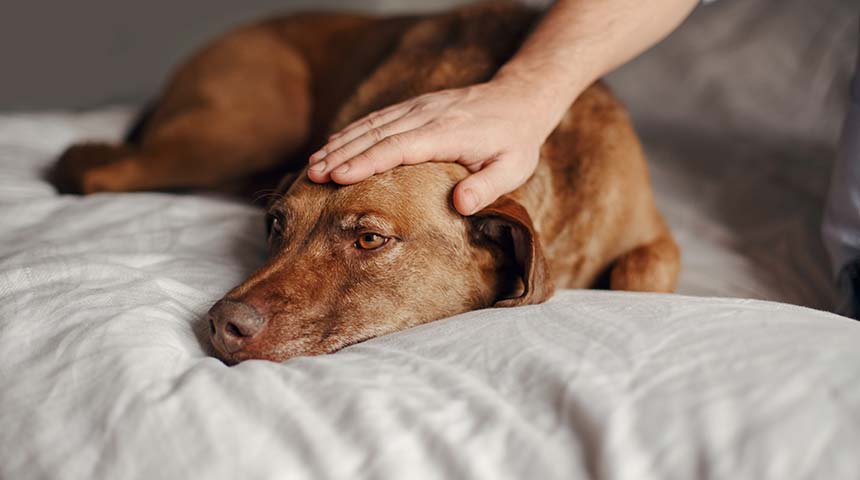The holidays provides pets with several opportunities to steal some food left unattended in the home. Vigilance is key!
Xylitol is a natural sweetener extracted from birch bark. It is used in the manufacturing of numerous food products and other items. Consumption of xylitol can be very dangerous for dogs, especially when the ingested product contains a lot of it (within the first 3 ingredients). It only causes mild issues for cats and ferrets.
It is easy to identify xylitol in ingredient lists of food products, but it can be invisible on the label of other products…. Here are a few examples:
- Food: ketchup, peanut butter, chocolate, candy, chewing gum, BBQ sauce, bakery & pastry items, drink crystals, etc.
- Cosmetics: makeup, lip gloss, lip balm
- Pharmaceuticals: medications, vitamins, electrolytes
- Personal care & hygiene products: face wipes, baby wipes, diapers, sunscreen
- Dental care products: toothpaste, dental floss, mouthwash, lozenges
In dogs, xylitol causes severe and rapid hypoglycemia (15 min to 2 hours after eating) and severe liver damage (12-72 hours after eating).
Here are a few observable clinical signs:
- Hypoglycemia: weakness, loss of balance, walking “drunk”, trembling, convulsions, loss of consciousness, even death if not treated!
- Hepatic damage: decreased appetite, lethargy, yellowing of the skin and mucous membranes, vomiting, and diarrhea.
To protect your pet from xylitol, avoid buying foods that contain it and avoid cooking with it, or store these products out of reach.
Make it a habit to take your medications/vitamins in a closed room, in case something falls on the floor; so you have time to pick up the dropped medication before your pet eats it.
In the event that your pet ingests something containing xylitol, go immediately to your nearest emergency centre to be seen by a veterinarian.
Be sure to have the ingested product or recipe on hand and tell the veterinarian how much your pet has ingested. This information will be crucial to your pet's treatment.
Danielle P. TSA
Hôpital Vétérinaire Blainville





